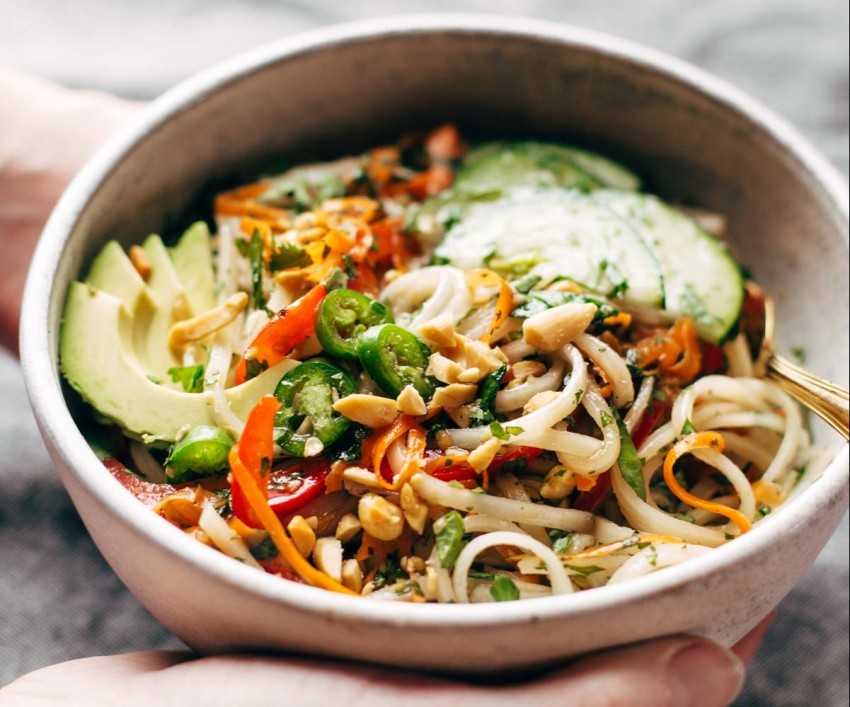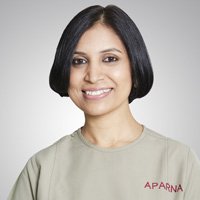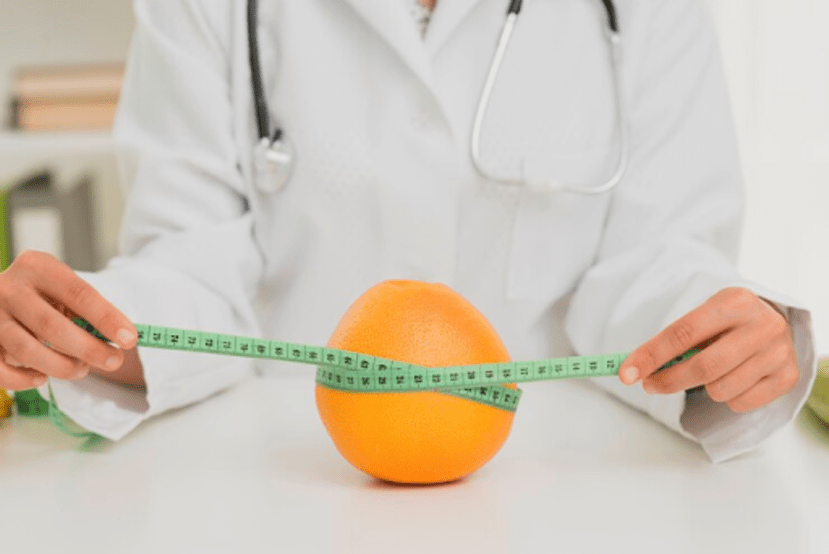Author:
Miloni Sancheti (RD)
Bariatric Nutritionist and Diabetic Educator
Bariatric/weight loss surgery is a life changing procedure. It is the only proven method for sustained weight loss in patients suffering from clinically severe obesity (BMI ≥ 37.5 kg/m2).
Almost all bariatric/weight loss procedures restrict the amount of food one can consume in one meal. This means that you need to eat small but frequent meals. So, now the question arises what must these meals include and how many calories can be had?
Protein is one of the most important nutrient and it is necessary to know which foods would be high in protein and will be the best for people undergoing bariatric surgery. In this blog I shall focus on protein supplementation after bariatric/weight-loss surgery.
Proteins are the building blocks of our body. They are required at cellular levels for almost all major bodily functions. Post bariatric/weight-loss surgery dietary intake decreases and thus it becomes even more important to select good sources of protein. Supplementation of proteins will also depend on other factors such as the medical condition of the patient, type of surgery, activity level, age, any history of liver and kidney disease etc.
In our practice we see a lot of patients who are vegetarians and obviously do not consume meat, chicken, fish and egg etc. In vegetarian patients, it is a bigger challenge to keep up with the protein intake post-surgery.
I have listed a few options that can be included in the diet plan of vegetarian patients post-surgery. Tofu, paneer, soya-bean, dals, curd, milk etc form a really good source of protein in vegetarians. One can also increase the daily protein supplementation by using protein supplements/shakes.
Here are a few recipes or tips to help vegetarian patients include protein in small quantity but good quality in their meals.
- Quinoa or oats. These are higher in proteins than other grains. Quinoa is a power packed grain with heart friendly fats and an excellent source of fibre. Try quinoa vegetable khichdi , oats upma, oats vegetable uttapa, oats idli or plain boiled cooked quinoa with curd .
- Spread chick peas hummus or tahini on pita bread and add chopped veggies to it.
- Eat roasted soya-bean solo or as an on-the-go-snack or add them to your homemade trail mix.
- Add tofu (soya milk paneer) to stir fry veggies and have it with brown rice.
- Add chia seeds to curd or milk or smoothies
- Protein powder smoothies: Add banana or apple or berries to skimmed milk. Blend it and add your protein powder
- Roast and mix flaxseeds, pumpkin seeds, chia seeds and munch on them through the day. You can also powder them and add it to curd or milk or salads
- Home-made protein bars: Add protein powder, walnuts, dates and honey with chia seeds bind it and have like bars in between snacks
- Whey water (water left behind when you make paneer from milk) is the best direct source of protein can have one glass daily. You can add little salt to it .





